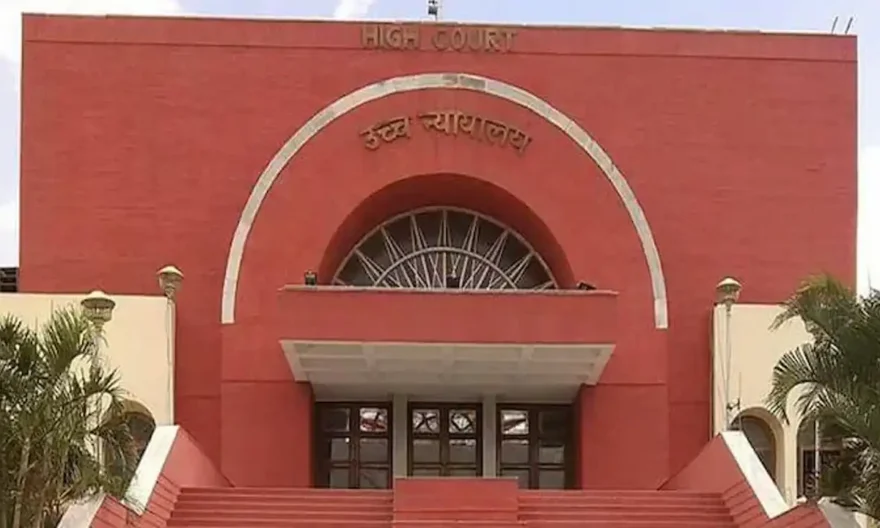
The Aurangabad bench of the Bombay High Court recently criticized a sessions judge for using a single line of reasoning to overturn a well-reasoned judicial magistrate’s judgment.
A single bench of Justice SG Mehare declared that when writing an appeal judgment,the bench has to appreciate the case as if it is a trial before it.
“…the learned Additional Sessions Judge has recorded a single-line reason that there is sufficient evidence to establish the domestic violence caused to the appellant. Again, such a single-line reason is not expected from senior judges like District judges. He appears to have ignored the rules of writing judgment in appeal”, the bench noted.
The single bench overturned the Additional Sessions Judge’s decision that the petitioner was required to pay maintenance to his wife under the Protection of Women From Domestic Violence Act, 2005.
In 2016, the petitioner’s wife filed a domestic violence case against him. Prior to this, the couple had been embroiled in numerous court battles for divorce, child support, and custody of their children since 2005.
The wife’s compensation action was dismissed by the Judicial Magistrate First Class (JMFC). The Additional Sessions Judge noticed that the JMFC failed to take the evidence and facts into account and granted her maintenance and housing rent.
As a result, the current revision plea was filed before the High Court.
The petitioner argued that the appellate court could not, in a single line of reasoning, disagree with the trial court’s well-reasoned decision. He contended that the Civil Court’s judgment of neither cruelty or desertion in the divorce petition is obligatory on the criminal court.
Petitioner’s wife alleged that he has abandoned her and is living with a second wife and children.
According to Justice Mehare, the appellate court must write a decision as if the case were a trial before it. The points for determination, the decision, and the reasons must be included in the judgment. The appellate court must reconsider the evidence on a sign for the reason.
It went on to say, “The appellate Court has to write a Judgment as if it is a trial before it. It has to record the reasons. Writing a Judgment in appeal is rewriting the judgment. The appellate Courts are also governed under rules including standard of reviewing the Judgment and order of the trial Court. It has to reappreciate the evidence and assign the reason for its conclusions. The appellate Court has to assign reasons if it disagrees with the findings of the trial Court. Merely writing a single line about failing to consider the evidence, material placed on record, and the facts elicited in proper perspective is incorrect in law.”
The bench noted that the Judge gave no basis for disagreeing with the JMFC’s reasoned order other than a single line justification that there is sufficient evidence to prove domestic violence.
Domestic violence, according to the court, is a prerequisite for evaluating a maintenance application under the DV Act.
The single bench further stated that the petitioner’s wife had not lived with him since 2005 and had never complained of domestic violence while they shared a home.
Therefore, the bench found that the JMFC thoroughly reviewed the facts, evidence, and law pertaining to domestic abuse. The JMFC’s decision is well-reasoned, and the respondent-wife failed to substantiate domestic violence.




